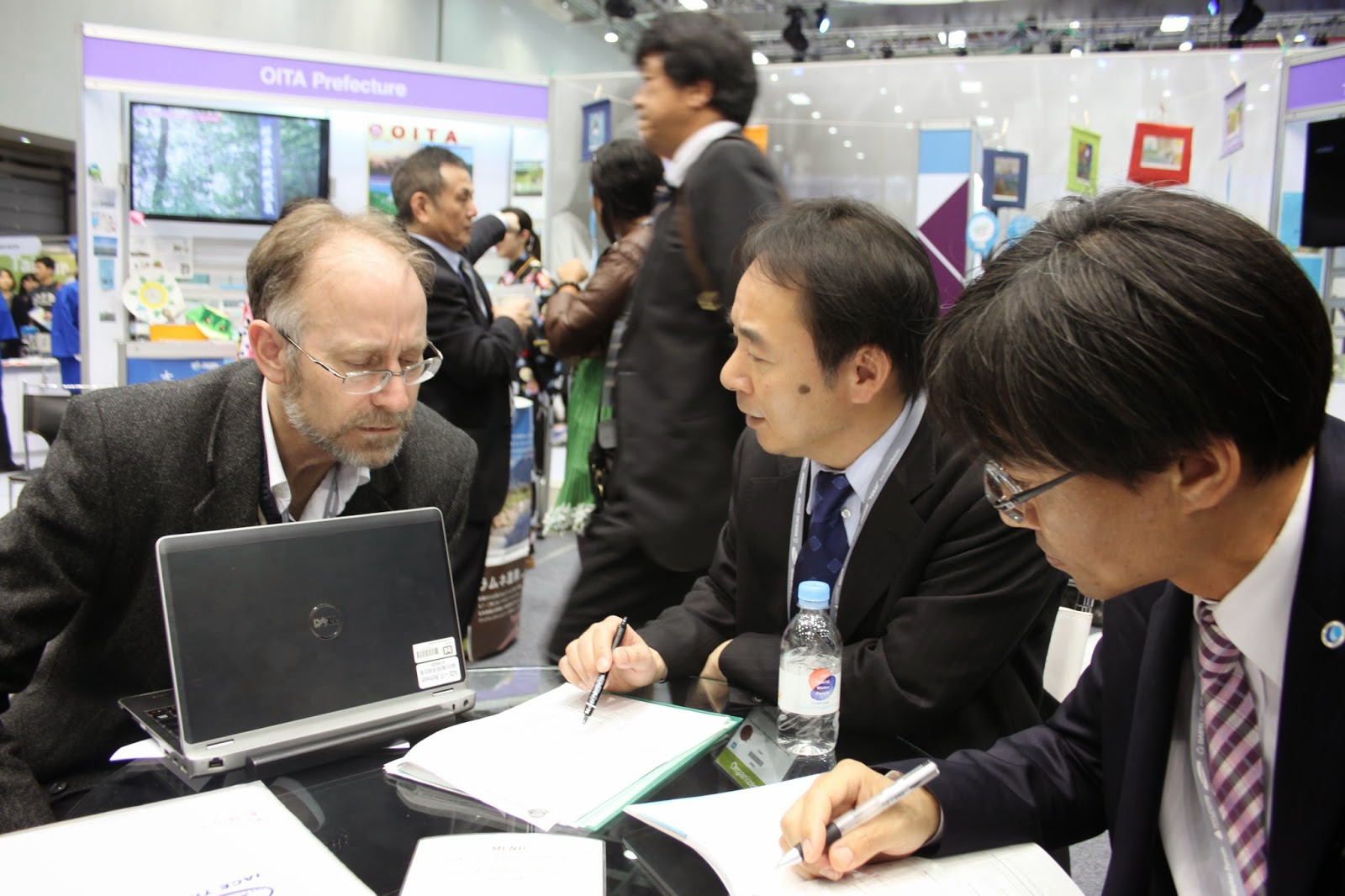Fukushima finds 16 new cases of thyroid cancer in young people
Japan:
Ground swells near Mount Hakone
Local governments curbing drones
USA:
Marshes, reefs, beaches can enhance coastal resilience
Texas and Oklahoma: 3 dead after record rains unleash dangerous flooding
Netherlands:
Other:
'Substantial' El Nino event predicted
Scientists have compiled a new database of coastal flooding in the UK over the last 100 years
Satellite image reveals Langtang river valley Nepal is vulnerable to flood risks
http://earthquake-report.com/2015/04/25/massive-earthquake-nepal-on-april-25-2015/ Deadly Nepal Gorkha/Kodari earthquakes – At least 8,381 people killed (May 14)
Flood aftermath linked to post-traumatic stress, study shows "The study found the strongest predictors of depression were prior mental health, repair time and self-efficacy (confidence in their ability to cope)." "Survivors said they were more confident they could cope with difficult circumstances in the future and they had found the experience had strengthened their relationships and social networks."




